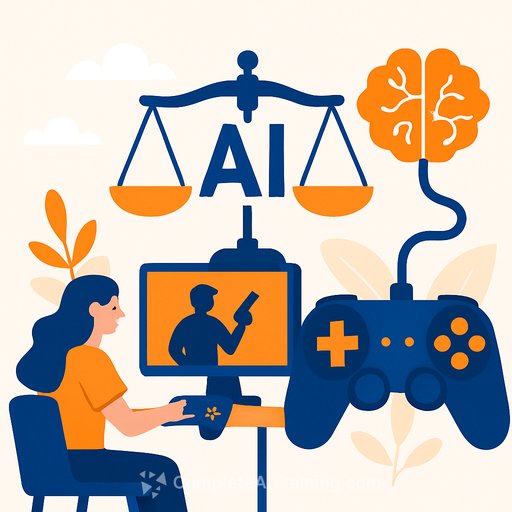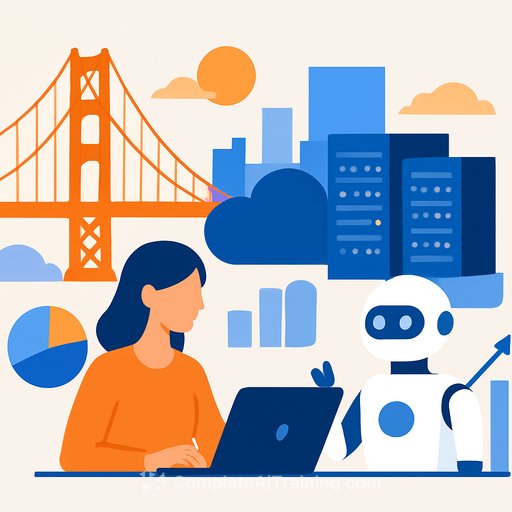3D Video Game Design: Ethical AI Use in Development
AI is becoming a major factor in video game development. Its use ranges from creating visual assets and music to marketing materials, and even entire games. On platforms like Steam, AI disclaimers are increasingly common. Yet, many gamers resist AI-generated content, often due to ethical concerns such as copyright issues and job displacement.
Beyond content creation, AI tools also help speed up routine tasks in game development software. This raises the question: what forms of AI use are acceptable and ethical in video game design?
Perspectives from Industry Veteran Brian Fargo
Brian Fargo, founder of InXile Entertainment, offers a thoughtful stance on AI in game development. With decades of experience dating back to classic role-playing games like The Bard’s Tale and Wasteland, Brian now leads the development of Clockwork Revolution, a first-person steampunk RPG. His views carry weight, especially as Microsoft, which owns InXile, invests heavily in AI while simultaneously reducing its workforce.
Brian expresses concern about AI-driven job losses and strongly opposes AI uses bordering on plagiarism. However, he supports AI for repetitive or mundane tasks such as data cleanup, querying, and punctuation checks — tasks that no human enjoys but are necessary. He points out that these games can contain as many words as the Bible, making manual oversight impractical. His preference is to free up human creativity for more meaningful work.
Ethical AI Applications in Game Development
- Inspiration, not replacement: Brian compares AI-generated imagery to visiting a museum or browsing art platforms. It can spark ideas but shouldn’t be used directly as final assets.
- Voice lines with consent: AI can generate last-minute voice pickups if the original actor agrees and is compensated.
- Workflow automation: Automating tedious tasks without compromising originality or creative control.
Brian also warns that smaller developers might adopt AI more liberally, potentially impacting larger studios that maintain stricter ethical standards due to their public reputation.
Where Do You Stand?
The debate on ethical AI use in video game design is ongoing. Should AI be limited to background tasks, or is its use in creative content acceptable? Could heavy reliance on AI erode the value of human craftsmanship in games?
If you work in IT or development, your perspective matters. How do you define ethical AI use in gaming? Share your thoughts and contribute to shaping responsible AI adoption in the industry.
Your membership also unlocks:






